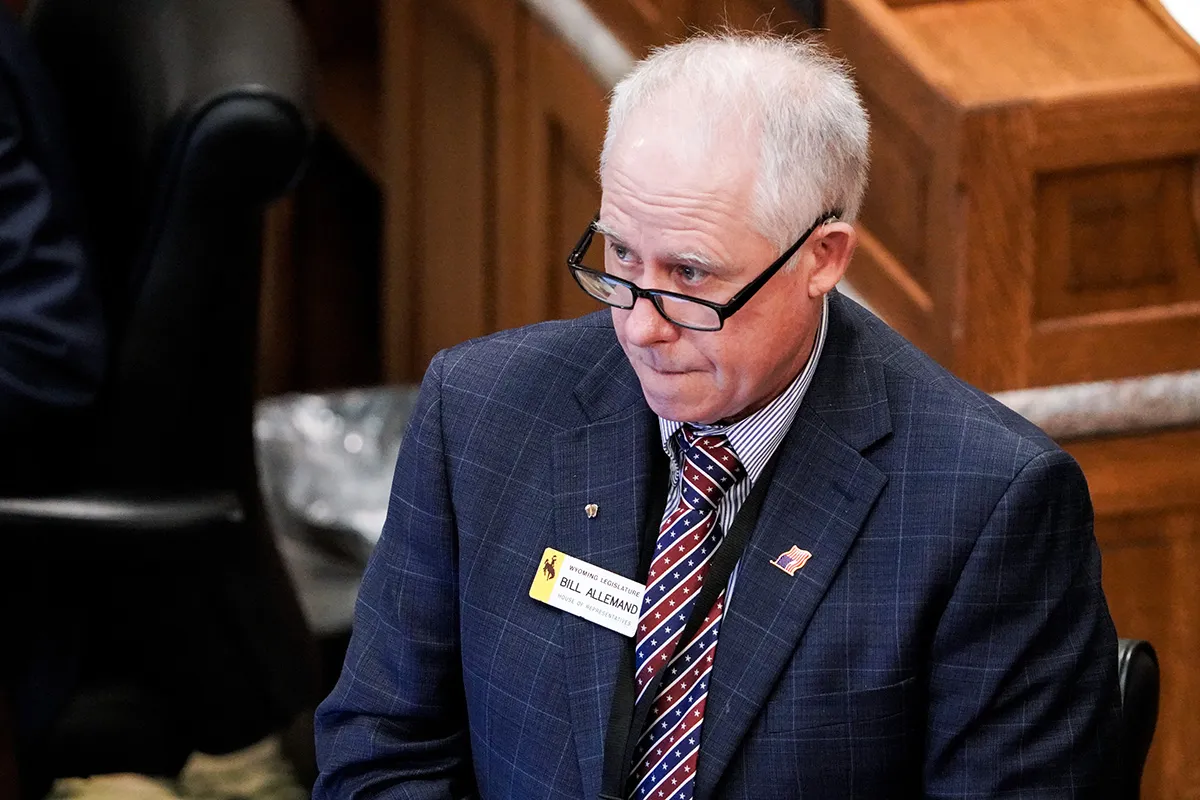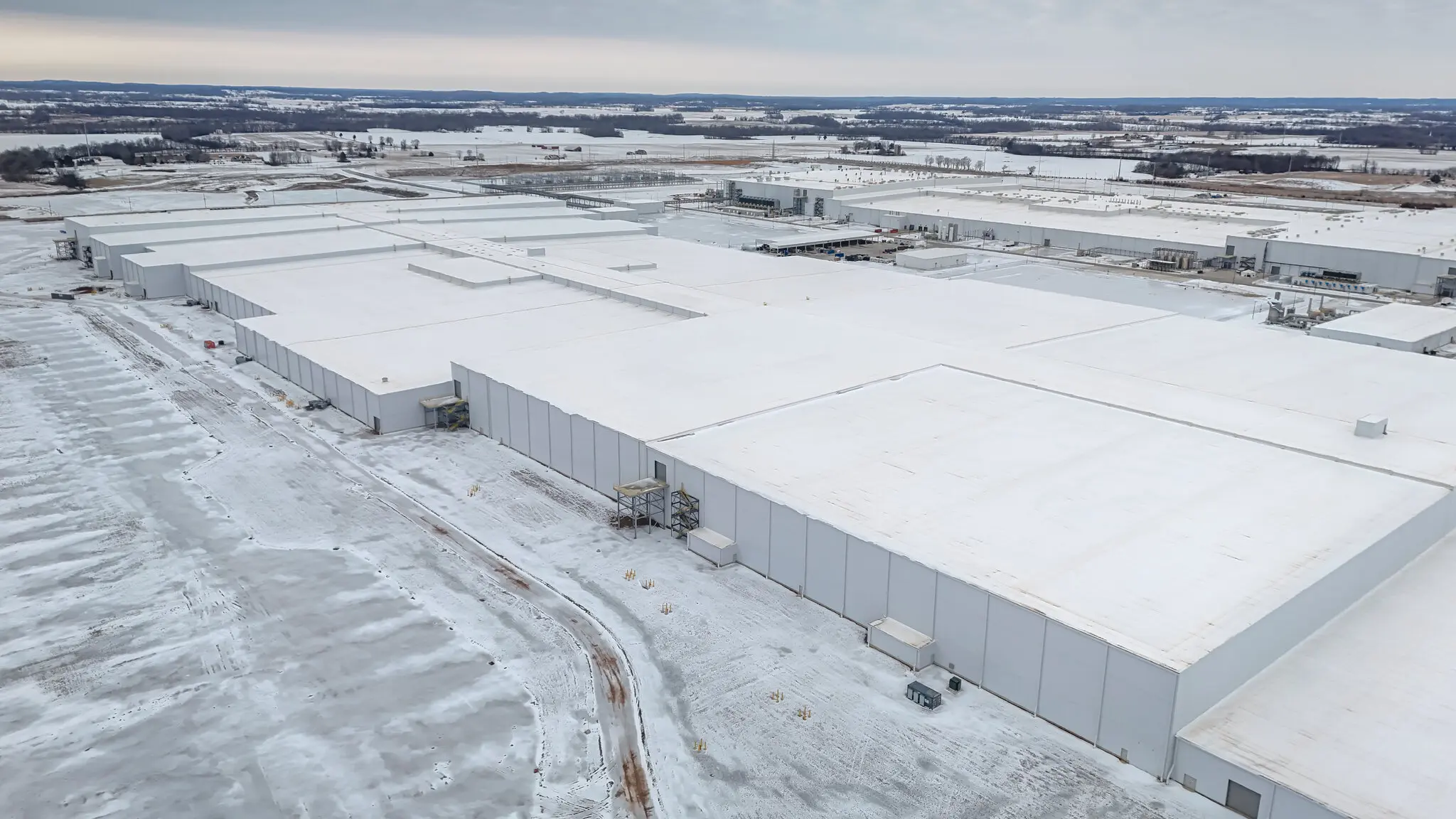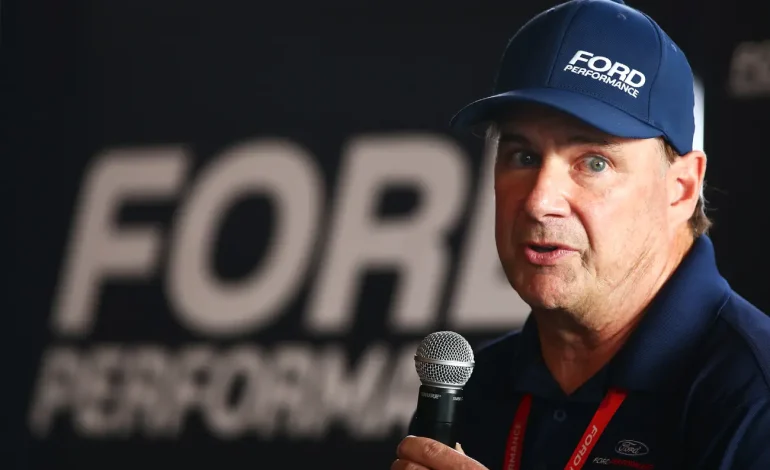Ford CEO Jim Farley has described the rapid progress of China’s electric vehicle (EV) industry as “the most humbling thing I have ever seen,” citing both technological innovation and competitive pricing as significant challenges for Western carmakers, Business Insider reports.
Speaking at the Aspen Ideas Festival during a conversation with author Walter Isaacson, Farley said he has visited China multiple times in the past year and observed firsthand the scale and sophistication of the country’s EV sector.
“Seventy percent of all EVs in the world are made in China,” he noted.
Farley praised the integration of digital technology in Chinese EVs, highlighting how companies like Huawei and Xiaomi are embedding seamless user experiences directly into vehicles.
“You get in, and you don’t have to pair your phone. Automatically, your whole digital life is mirrored in the car,” Farley said.
He attributed the gap in tech-driven vehicle experiences to the fact that major US tech firms such as Google and Apple have not entered the auto manufacturing space, leaving traditional carmakers without comparable digital ecosystems.
Farley emphasized that Chinese EV makers are now leading not just in software and user interface design but also in cost and build quality.
“Their cost, their quality of their vehicles is far superior to what I see in the West,” he said. “We are in a global competition with China, and it’s not just EVs. If we lose this, we do not have a future Ford.”
His comments follow ongoing praise for China’s tech companies. Last year, Farley openly lauded Xiaomi, describing the firm as an “industry juggernaut” and saying its consumer brand strength exceeds that of many traditional automakers. In a podcast appearance, he spoke about testing the Xiaomi SU7, the company’s debut electric sedan, which he said he had been driving for months and did not want to give up.
More recently, Xiaomi launched the YU7, a luxury electric SUV priced at $35,000—positioning it as a lower-cost competitor to Tesla’s Model Y. The vehicle reportedly received over 200,000 orders shortly after its announcement.
In response to evolving market conditions and intensifying competition, Ford has begun adjusting its own EV roadmap. In August, the company announced it would shift away from some planned all-electric models in favor of hybrid alternatives. This strategy change, projected to cost nearly $2 billion, reflects the challenges Western automakers face in scaling EV production while maintaining profitability.
Despite the strategic pivot, Ford shares have risen more than 9% so far this year, suggesting investor confidence remains steady as the company adapts to industry changes.
Ford did not provide additional comment on Farley’s remarks.










The latest news in your social feeds
Subscribe to our social media platforms to stay tuned